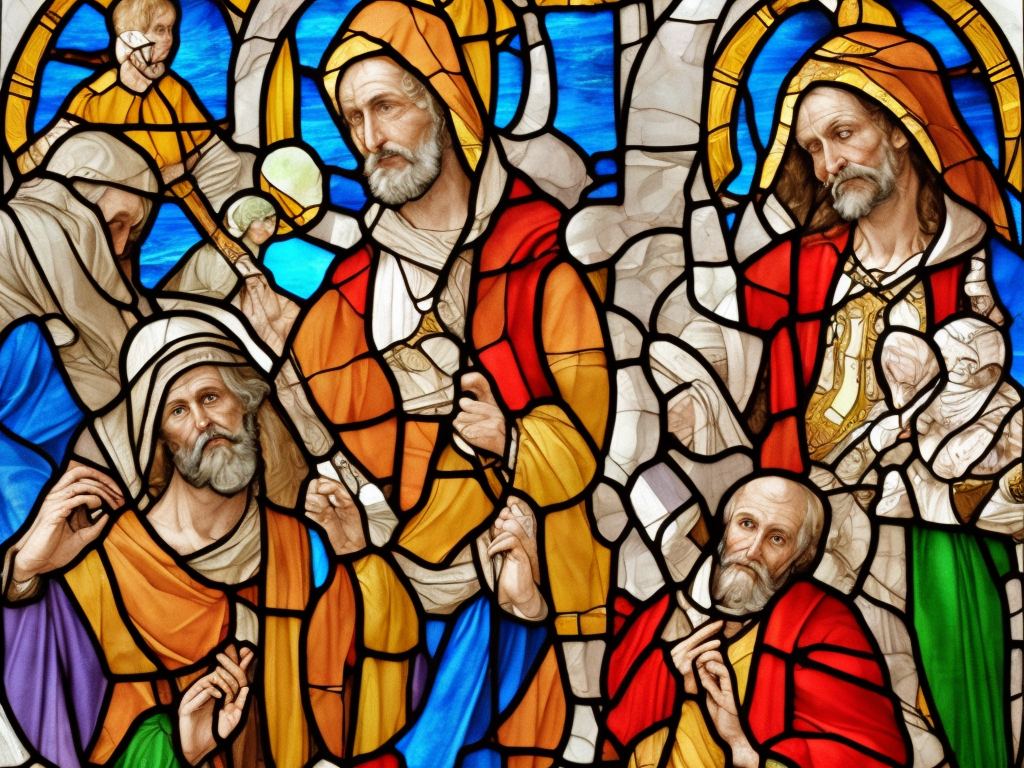
The Catholic and Anglican churches have theological differences that set them apart from one another. Although both churches share certain similarities with each other, they are distinct in terms of their beliefs, practices, and sacraments. In this article, we will take a closer look at the differences between Catholicism and Anglicanism.
First and foremost, the Catholic Church is the largest Christian denomination in the world with over a billion members, while Anglicanism is a smaller denomination with around 85 million members worldwide. The Catholic Church is hierarchically organized, with the Pope as the head of the Church, followed by cardinals, bishops, priests, and deacons. On the other hand, the Anglican Church is organized in a more decentralized manner, with the Archbishop of Canterbury as the spiritual leader of the Church, but with each province having its own set of rules and regulations.
Secondly, the Catholic Church has a centralized teaching authority in the papacy, which means that the Pope has the final say on matters of doctrine and morals. Theologians within the Catholic Church have developed a rich tradition of theology in fields such as biblical interpretation, Christology, and sacramental theology. Catholic theology is highly structured, using the language of scholasticism to define its doctrines. Anglicanism does not have a centralized teaching authority, but instead relies on the authority of Scripture, tradition, and reason to guide its teachings. This means that Anglican theology is more diverse and decentralized, with a variety of theological viewpoints within the Church.
Thirdly, the Catholic Church puts a greater emphasis on the sacraments as a means of grace and salvation. The seven sacraments of the Catholic Church are Baptism, Eucharist, Confirmation, Reconciliation, Anointing of the Sick, Holy Orders, and Matrimony. According to Catholic teaching, the sacraments confer grace on the recipient, transforming the soul and enabling the individual to participate in the life of Christ. Anglicanism recognises only two sacraments, Baptism and Eucharist, but has retained many other traditional practices such as confirmation, confession, and holy orders that are not considered sacraments in the Catholic tradition.
Fourthly, the Catholic Church has a more developed and hierarchical priesthood than Anglicanism. In Catholicism, priests are considered to have a special role in the celebration of the sacraments and the spiritual guidance of the faithful. In addition, Catholic priests are required to remain celibate and take a vow of chastity. In the Anglican Church, there is no requirement for priests to remain celibate, and many Anglican priests are married. Anglican priests hold a more democratic role within the Church, with the laity having a greater say in the decision-making process.
Fifthly, the Catholic Church places a greater emphasis on the veneration of Mary, the mother of Jesus, and the saints. Catholics believe that Mary and the saints are able to intercede on their behalf before God. Consequently, Catholics frequently pray to the saints and often make pilgrimages to holy shrines. Anglicans, while respecting the role of Mary and the saints, do not give them the same emphasis as Catholics do. Anglicans do not pray to the saints or make pilgrimages to holy shrines, but instead focus on a direct relationship with God through prayer and worship.
Finally, the Catholic Church has a richer liturgical tradition than Anglicanism. Catholic liturgy is highly structured, with a set order of prayers and hymns for each service. The celebration of the Mass is at the heart of Catholic worship. Anglican liturgy, by contrast, is more flexible and adaptable, allowing for variations in the order and content of the service. Anglicans use a variety of liturgical forms, but the most widely used is the Book of Common Prayer.
In conclusion, the differences between the Catholic and Anglican churches are significant, but at the same time, both churches share many of the same beliefs and practices. Both churches honour the Bible as the word of God, recognise the importance of the sacraments, and believe in the death and resurrection of Jesus Christ. However, differences in theology, ecclesiology, sacraments, priesthood, veneration of Mary and the saints, and liturgy distinguish the Catholic Church from Anglicanism. Despite these differences, both the Catholic and Anglican churches play crucial roles in fostering Christian faith, promoting social justice, and offering spiritual guidance to millions of believers around the world.
 Self-Instruct
Self-Instruct